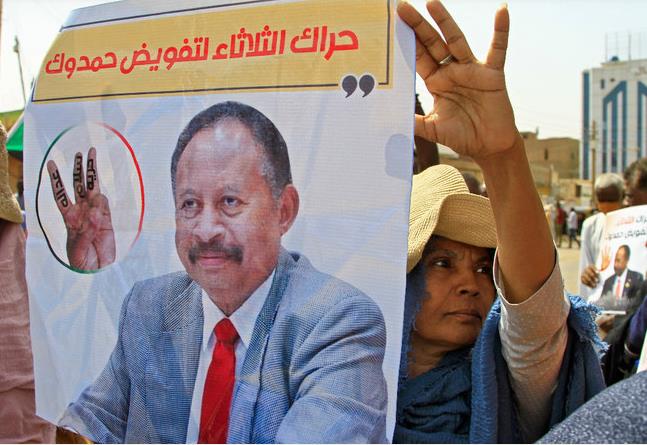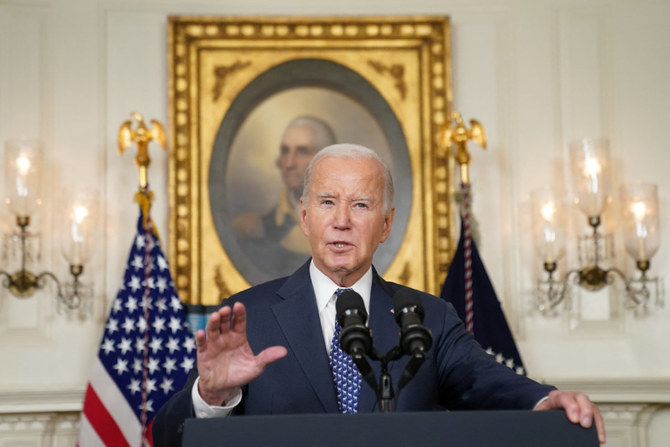
TOKYO (Reuters) - Japan’s TV Asahi said on Friday a report that it broadcast saying prosecutors had questioned former Prime Minister Shinzo Abe over political funding was untrue and apologized to him.
Abe, who stepped down due to poor health in September, is under fire on suspicion his office helped cover the costs of dinner parties for supporters, a possible violation of funding laws that Abe denied when questioned in parliament last year.
“It turned out to be not true that questioning against former prime minister Abe had been conducted. We apologise to former prime minister Abe, those concerned and our viewers,” TV Asahi, a commercial broadcaster, said on its website.
Citing several unnamed lawmakers of the ruling Liberal Democratic Party, TV Asahi had reported on Friday that Abe had been questioned by Tokyo prosecutors on or before Thursday.
Abe’s office did not immediately respond to questions after the initial TV Asahi report.
Domestic media said this month that prosecutors had asked Abe for voluntary questioning in a case they were building against his secretary over unreported, dinner party-related political funds involving as much as 40 million yen ($386,885).
On Friday, local media reported that Abe may be summoned to appear in parliament, perhaps before the end of the year, to answer questions, with Abe quoted before TV Asahi’s initial report as saying he would respond in good faith.
“The prosecution is currently investigating this issue, but once the results are available I would like to answer in good faith,” Abe said.
“Of course, I would also like to respond in good faith to parliament,” the Nikkei Shimbun newspaper quoted him as saying.
The issue, which dogged Abe during the last year of his tenure, also risks damaging current premier Yoshihide Suga, who was Abe’s right-hand man during his 2012-2020 term and is already under pressure for his response to the new coronavirus, including a U-turn on a travel subsidy programme.
Suga has also drawn fire for joining end-of-the-year social gatherings after imploring Japanese citizens to avoid such parties as the country sees a record number of coronavirus cases.
Politicians in Japan cannot provide anything to constituents that could be construed as a gift. The rule is so strict that two ministers in Abe’s cabinet last year had to quit over giving things such as melons, crabs and even potatoes to voters in their constituencies.












